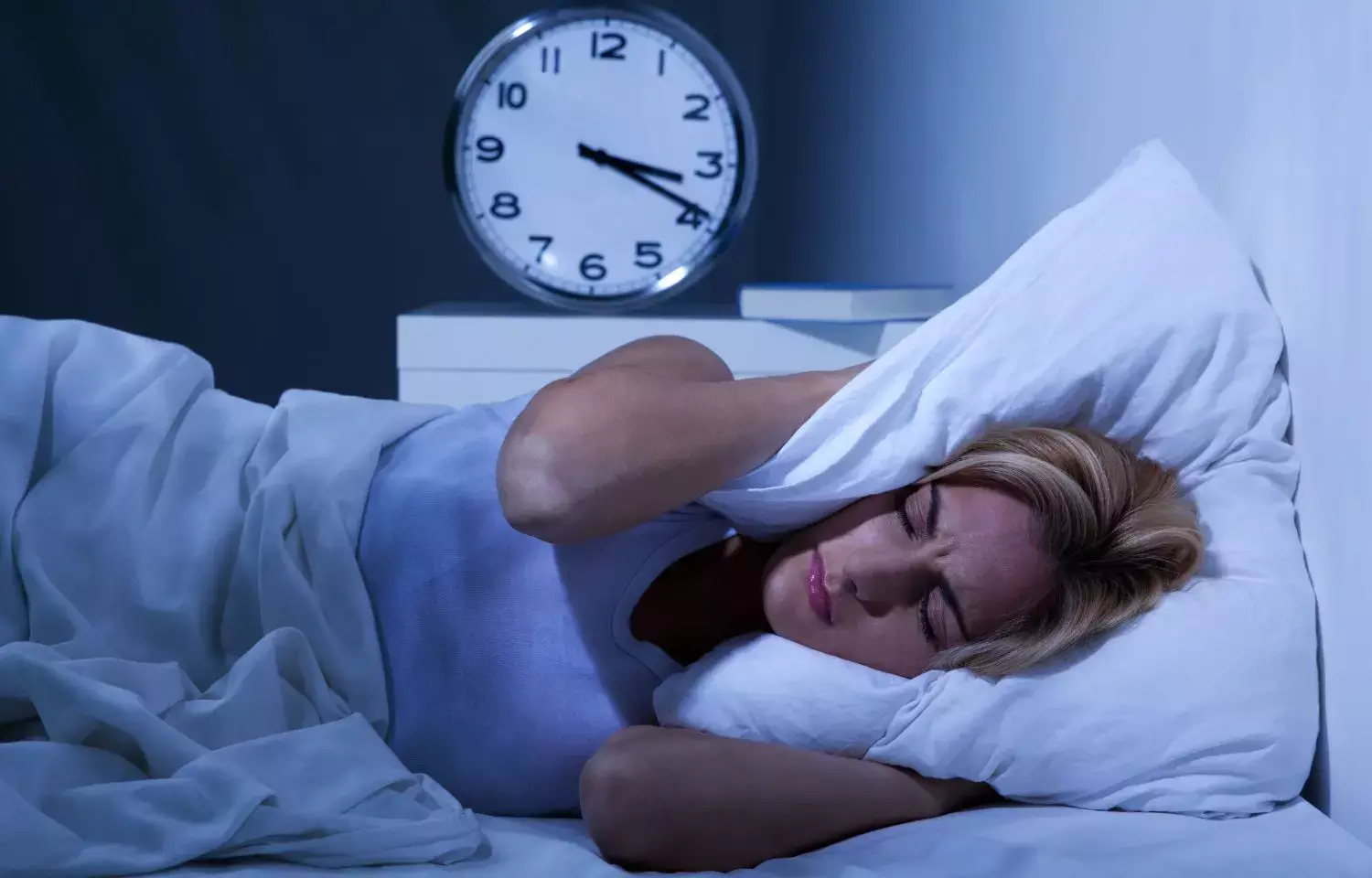- Home
- Medical news & Guidelines
- Anesthesiology
- Cardiology and CTVS
- Critical Care
- Dentistry
- Dermatology
- Diabetes and Endocrinology
- ENT
- Gastroenterology
- Medicine
- Nephrology
- Neurology
- Obstretics-Gynaecology
- Oncology
- Ophthalmology
- Orthopaedics
- Pediatrics-Neonatology
- Psychiatry
- Pulmonology
- Radiology
- Surgery
- Urology
- Laboratory Medicine
- Diet
- Nursing
- Paramedical
- Physiotherapy
- Health news
- Fact Check
- Bone Health Fact Check
- Brain Health Fact Check
- Cancer Related Fact Check
- Child Care Fact Check
- Dental and oral health fact check
- Diabetes and metabolic health fact check
- Diet and Nutrition Fact Check
- Eye and ENT Care Fact Check
- Fitness fact check
- Gut health fact check
- Heart health fact check
- Kidney health fact check
- Medical education fact check
- Men's health fact check
- Respiratory fact check
- Skin and hair care fact check
- Vaccine and Immunization fact check
- Women's health fact check
- AYUSH
- State News
- Andaman and Nicobar Islands
- Andhra Pradesh
- Arunachal Pradesh
- Assam
- Bihar
- Chandigarh
- Chattisgarh
- Dadra and Nagar Haveli
- Daman and Diu
- Delhi
- Goa
- Gujarat
- Haryana
- Himachal Pradesh
- Jammu & Kashmir
- Jharkhand
- Karnataka
- Kerala
- Ladakh
- Lakshadweep
- Madhya Pradesh
- Maharashtra
- Manipur
- Meghalaya
- Mizoram
- Nagaland
- Odisha
- Puducherry
- Punjab
- Rajasthan
- Sikkim
- Tamil Nadu
- Telangana
- Tripura
- Uttar Pradesh
- Uttrakhand
- West Bengal
- Medical Education
- Industry
Daridorexant increases total sleep time and shortened sleep latency insomnia patients in phase 3 data

Breaking Phase 3 data from clinical trial has revealed that daridorexant increased total sleep time and shortened sleep latency in patients with insomnia without marked hangover symptoms the next morning clearly indicating its potency to improve core symptoms of insomnia.
Daridorexant (Quviviq) received FDA approval earlier this year in the US, new data reinforce the drug's overall efficacy and New Drug Applications (NDAs) being submitted internationally.
The study was a randomized, double-blind, placebo-controlled, Phase 3 study to investigate the efficacy and safety of daridorexant. Patients were randomized to receive 50 or 25 mg doses of daridorexant or placebo once daily for 28 days.
The study met both primary and secondary efficacy endpoint measures. Daridorexant significantly improved sTST from baseline compared to placebo at 28 days (p<0.001 for 50 mg, p=0.042 for 25 mg). Daridorexant also significantly improved sleep onset as measured by a decrease in sLSO from baseline compared to placebo at 28 days (p<0.001 for 50 mg, p=0.006 for 25 mg).
The rate of adverse events was comparable between placebo and daridorexant at both treatment doses. Treatment-emergent adverse events (TEAEs) during the double-blind study period were reported in 23.5% and 22.7%of the patients treated with 50 and 25 mg daridorexant, respectively (24.4% for placebo). The most frequent TEAEs reported over 3% incidence and higher than placebo were somnolence (6.8% and 3.7% for daridorexant 50 mg and 25 mg groups respectively, versus 2.4% in the placebo group), and pyrexia (0.6% and 3.7% for daridorexant 50 mg and 25 mg groups respectively, versus 1.2% in the placebo group).
Makoto Uchiyama, M.D., Ph.D., medical advisor of the Japanese Phase 3 study, Director of Tokyo Adachi Hospital, Visiting Professor of Nihon University, and Visiting Professor of Toho University commented:
"Insomnia is highly prevalent in Japan and is recognized as an important national health issue. Patients with insomnia have trouble falling or staying asleep, as well as waking up earlier than desired, all of which lead to detrimental effects on both physical and mental health.
This Phase 3 trial showed that daridorexant increased total sleep time and shortened sleep latency in patients with insomnia without marked hangover symptoms the next morning which clearly indicates its potency to improve core symptoms of insomnia. Such a promising outcome was likely due to the unique characteristics of the drug, a dual orexin receptor antagonist with an optimal elimination half-life."
Satoshi Tanaka, Dr Med Sci. and President of Idorsia Pharmaceuticals Japan, commented:
"I want to say thank you to the patients who participated in the study, and the investigators and their staff for their dedication to running the study to a high quality. The Idorsia Japan team will now fully analyze the study data and I look forward to sharing the wealth of data generated with daridorexant with Japanese health authorities in the form of a new drug application for marketing authorization in Japan.
Together with our partner Mochida, the whole team is eager to rapidly make daridorexant available to Japanese patients with insomnia."
References:
• The Diagnostic and Statistical Manual of Mental Disorders (5th ed.; DSM–5; American Psychiatric Association, 2013).
• Wardle-Pinkston S., et al. Sleep Med Rev. 2019;48.
• Mignot, E., et al. Lancet Neurol. 2022;21:125–39.
• Muehlan, C., et al. Expert Opin. Drug Metab. Toxicol. 2020;16(11):1063–1078.
• Muehlan, C., et al. J Psychopharmacol. 2020;34(3):326-335.
• Buysse, D.J., et al. Drug Discov Today Dis Models. 2011;8(4):129-137.
• Hudgens, S., et al. Patient. 2020. doi:10.1007/s40271-020-00474-z.
Dr Kamal Kant Kohli-MBBS, DTCD- a chest specialist with more than 30 years of practice and a flair for writing clinical articles, Dr Kamal Kant Kohli joined Medical Dialogues as a Chief Editor of Medical News. Besides writing articles, as an editor, he proofreads and verifies all the medical content published on Medical Dialogues including those coming from journals, studies,medical conferences,guidelines etc. Email: drkohli@medicaldialogues.in. Contact no. 011-43720751


